“Have they ever subjected you to cruelty and ignominy, Dejah Thoris?” I asked, feeling the hot blood of my fighting ancestors leap in my veins as I awaited her reply. Only in little ways, John Carter,” she answered. “Nothing that can harm me outside my pride. They know that I am the daughter of ten thousand jeddaks, that I trace my ancestry straight back without a break to the builder of the first great waterway, and they, who do not even know their own mothers, are jealous of me. At heart they hate their horrid fates, and so wreak their poor spite on me who stand for everything they have not, and for all they most crave and never can attain. Let us pity them, my chieftain, for even though we die at their hands we can afford them pity, since we are greater than they and they know it.”
Had I known the significance of those words “my chieftain,” as applied by a red Martian woman to a man, I should have had the surprise of my life, but I did not know at that time, nor for many months thereafter. Yes, I still had much to learn upon Barsoom.
“I presume it is the better part of wisdom that we bow to our fate with as good grace as possible, Dejah Thoris; but I hope, nevertheless, that I may be present the next time that any Martian, green, red, pink, or violet, has the temerity to even so much as frown on you, my princess.”
Dejah Thoris caught her breath at my last words, and gazed upon me with dilated eyes and quickening breath, and then, with an odd little laugh, which brought roguish dimples to the corners of her mouth, she shook her head and cried:
“What a child! A great warrior and yet a stumbling little child.”
“What have I done now?” I asked, in sore perplexity.
“Some day you shall know, John Carter, if we live; but I may not tell you. And I, the daughter of Mors Kajak, son of Tardos Mors, have listened without anger,” she soliloquized in conclusion.













